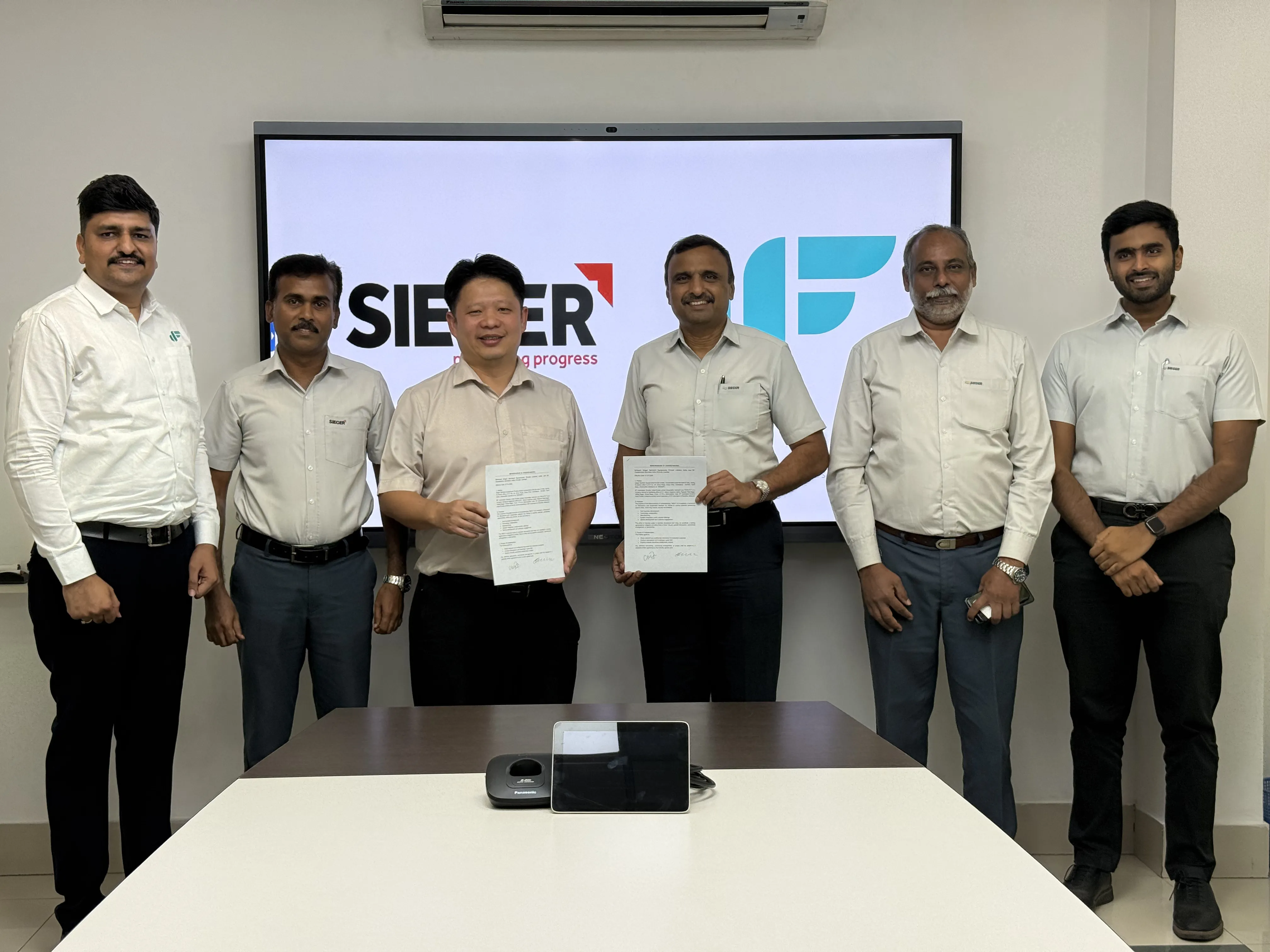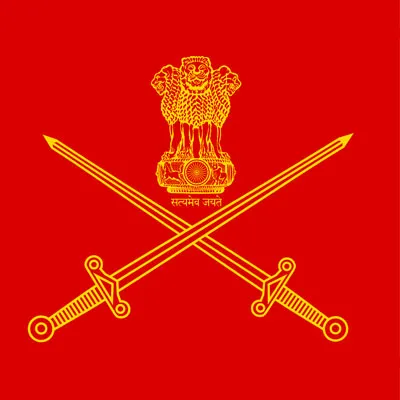Deepak Saxena shares his insight on the role of HR in the EPC industry and the challenges faced.
The engineering procurement and construction (EPC) services industry in India is faced with a large and unique opportunity owing to the galloping Indian economy and investments in public and industrial infrastructure. EPC companies in India are evolving from multiple routes, with engineering companies, equipment suppliers, construction companies and project developers morphing into EPC service providers by filling in the gaps.
Strategy for growth
Normally in an EPC company, the goal is first set by the management and depends on the type of project, such as power plant, thermal, residential, commercial, hydrocarbon, tankages, cross-country pipelines, etc. After the goal is set, the management then informs the respective departments and a strategy is formulated after discussions and/or debates between various department heads, including the shareholders of the company. After a strategy is adopted, a guideline is prepared to implement the strategy. Normally, the strategy is distributed to the respective departments such as planning, contracts, purchase, sales, marketing, etc.
It is true that without manpower, the EPC of any product does not come into effect. And, therefore, to handle the various concerns related to manpower such as recruitment, safety, health, behaviour and work, an HR and personnel department is involved.
Major tasks
Indeed, HR in the EPC industry is tough with many major tasks involved. One must set up policies related to code of conduct of employees, medical assistance, housing and food assistance, leave travel assistance, leave calculation, overtime calculation, minimum wage, increment, superannuation, security assistance, accident assistance, gratuity and insurance. To operate in the GCC, for instance, you would have to comply with their employment rules and regulations.
Similarly, HR will have to gather details on the statutory requirements for recruitment, interview procedures and working hours from the respective departments the candidate will be selected for. The role includes short-listing candidates for interview, coordination of the interview between the candidate and the head of the respective department, preparation of the contract agreement (which will differ from position to position and nationality of the candidate), air ticket arrangements, visa arrangements, medical checkups of the candidate for residence or work permit, accommodation and food arrangement, transportation from site to accommodation, and a whole load of other arrangements as and when required for the upkeep of the employee.
Manpower challenges
The shortage of skilled manpower is a real concern for the construction industry. The industry currently employs 32 million people in the country. It is estimated that 1 per cent increase in GDP translates to 1 per cent increase in jobs for the construction industry. With the accelerated investment in infrastructure, this is only going to increase. If the plan envisages doubling of infrastructure investment, it calls for doubling of requirement for the construction industry. While mobilisation of unskilled labour at construction sites may be of relatively lesser concern, the need to double skilled resources is being acutely felt.
Wanted: Skilled personnel
Anecdotal evidences indicate that construction managers with over 15 years of experience in building high quality roads are now drawing compensation in the same range as their peers in advanced countries, which was unheard of in the Indian context. Industry leaders are worried about the shortage of skilled workers like carpenters, fitters and welders, but what they lament the most is the lack of project managers with adequate experience and skill levels to execute the ever increasing size and complexity of projects. Remuneration and benefits are two components that don´t go hand in hand in the Indian work environment owing to the cutthroat project margins. This leads to massive migration of people from one location to another, disrupting quality of life for workers. Uneven distribution of location growth has created concentrated pockets of employment in the country. To name a few, cities like Mumbai, Delhi, Bengaluru and Chennai are densely populated.
Training initiatives
The government envisages a National Plan for Human Resource development through training and certification of construction personnel. However, industry participants feel that this large capacity building will require significant private-sector effort for establishing training institutes, setting course material and reducing trainee career risks by providing absorption. While the need for upgrading the current set of ITIs and vocational training institutes is felt, more important, there is a need to establish training centres with private participation at major labour centres in the country in semi-urban and rural areas.
The challenge is accentuated owing to the demand centres and supply centres being different. Supply is likely to be driven predominantly by states like Odisha, West Bengal and Bihar, especially at the minimally skilled levels. Centum Learning, a JV between Bharti Group´s Centum Learning and NSDC, is one such initiative to train 1.2 crore Indians with work skills in sectors like telecom, retail, building and construction. We need many more, especially from the construction industry itself. Hence, collaborative action by engineering and construction companies in investing in skill building at supply centres in a non-competitive environment is an imperative. In the meantime, the government may have to refrain from disallowing the use of foreign labour for project execution till such time as skilled labour shortages are addressed.
Building the future
Going forward, the focus has to be on more specialised curriculum development (for example, power plant engineering). A second requirement is for cross-functional engineering skills and exposure. The EPC industry needs a set of professionals to act as integrators, who can act as engineering coordinators and are comfortable with various engineering disciplines and not just one specific discipline. It is only with the availability of such talent that companies can innovate and carry out value engineering to improve the overall productivity of a capital project. Another critical challenge lies in developing managerial talent. There are few institutes in the country focusing on teaching project management, especially for the construction industry. In the absence of specialist finishing schools for project management, the industry relies on in-house training and on-the-job training programmes. While these are important, there is a need to go beyond the generic project management credits introduced in business schools or engineering institutions.
It is strongly believed that the development mandate given to the Construction Industry Development Council (CIDC) and the National Institute of Construction Management and Research (NICMAR) needs to be supplemented by the establishment of some high-quality project management schools. The recent trend shows that few students are willing to opt for civil and structural engineering. The impact of this is the creation of a mindset of being preferential to desk jobs rather than being on the field. In fact, non-preference for construction jobs is on the rise owing to lucrative packages from IT, banking and finance on completion of formal education. Institutes are even planning to remove civil and structural engineering from mainstream engineering owing to lack of student interest.
While the dearth of skilled resources at the engineer and supervisor levels is a constraint, we feel this can be addressed over a period of time through private-sector participation in engineering education, even with limited or no government support.
About the Author:
Deepak Saxena, Vice President-HR, Hydrocarbon SBU, Essar Projects India Ltd, has 25 years of experience as a HR practitioner spanning diverse industries such as IT & ITES and international BPO.




















